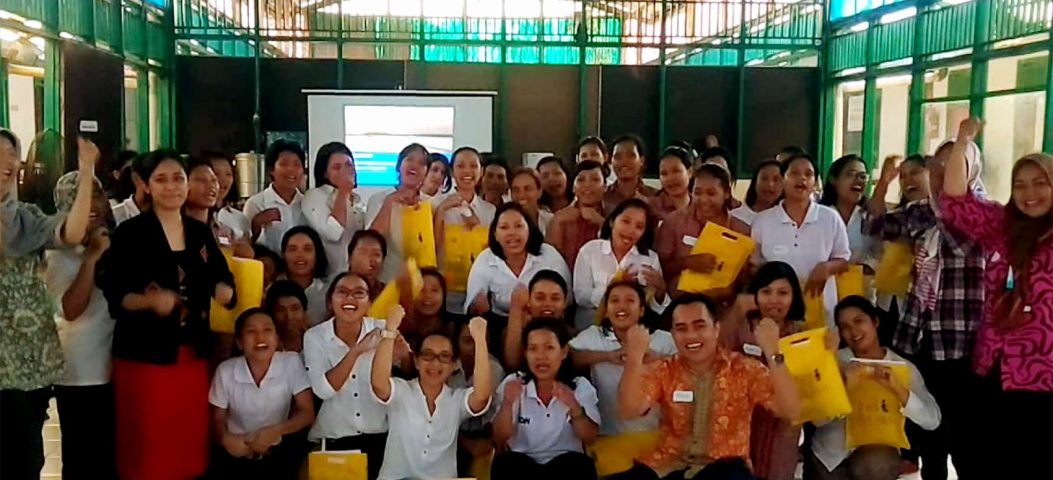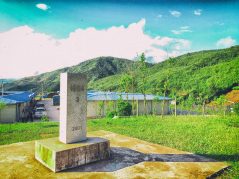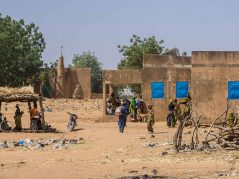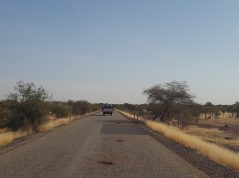LIFT provides financially attractive livelihoods to vulnerable or marginalised groups in developing countries through access to the booming global freelance economy. LIFT provides the infrastructure, mentoring, targeted language training, technical skills, and support to help vulnerable people earn a living through online freelance platforms.
THE PROBLEMS WITH TRADITIONAL LIVELIHOOD PROGRAMMING FOR VULNERABLE POPULATIONS
LIFT was created to overcome three of the biggest challenges in livelihood programming for vulnerable populations.
The first major limitation with traditional livelihood programming is that it is usually focused on local markets where:
- economies are often stagnant
- it is difficult to sustain new enterprises in local populations
- there are relatively low wages and wage growth
- no foreign investment means no growth stimulation
As a result, traditional livelihood programming often results in subsistence living. That type of focus has successfully lifted millions above the poverty line but is not transformational long-term either for the individual or the economy. That’s especially true for marginalised or vulnerable sub-populations such as women, refugees or victims of modern slavery.
The second is the limited effect of business training in developing economies. Research has shown that traditional business training does not often increase profits of small businesses in developing countries, but livelihood programming continues to focus on this type of training.
The third major issue relates to vulnerable populations. For many of these people – people like refugees, victims of slavery, SGBV survivors and those at risk of radicalisation – the mental health impacts of their suffering mean that sitting in a room learning is impossible without support. Expecting them to do so dooms livelihood programming to failure.
LIFT
Seefar’s LIFT overcomes these challenges by providing two core components and an optional third depending on the needs of the beneficiary group. LIFT provides beneficiaries with:
- [Optional component] Adaptive Counselling, which is a new approach combining concepts from cognitive processing theory, acceptance & commitment theory and cognitive behavioural therapy. It allows beneficiaries to first develop the skills and psychological attributes necessary to benefit in a more sustainable manner from LIFT.
- Confidence in Action Training to increase the confidence and resilience of beneficiaries. World Bank studies have shown this is particularly effective for increasing the income of women entrepreneurs.
- Skills to generate income in their home country, from the global freelance economy that is booming (with freelance revenue in countries like India, Pakistan and The Philippines growing between 29% and 47% annually), and the infrastructure to access it. This includes data entry, website design, video production, audio production, and app building.
LIFT is scalable to every developing country because it provides the infrastructure, technical training, targeted literacy upskilling, a unique ongoing coaching program, relatively high income and the confidence and support base for vulnerable and marginalised beneficiaries to prosper.
By 2022, Seefar aims to have 100,000 LIFT graduates around the world from the following beneficiary groups:
- SGBV survivors
- Trafficking and slavery survivors
- Refugees and IDPs
- Youth at risk of radicalisation
- Returnees reintegrating back into society
- Marginalised populations and religious minorities
- Those living below the poverty line



